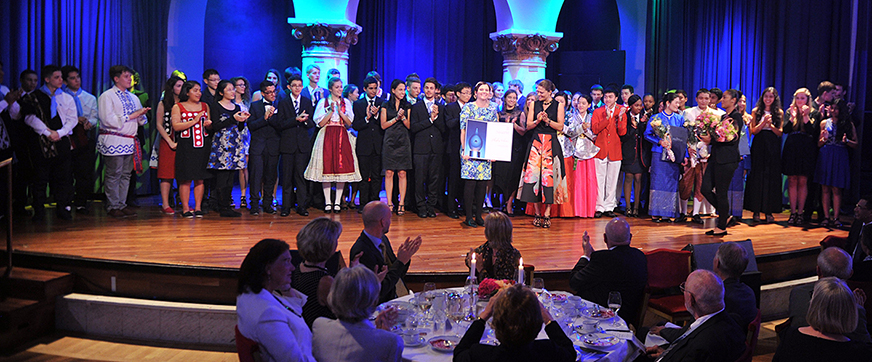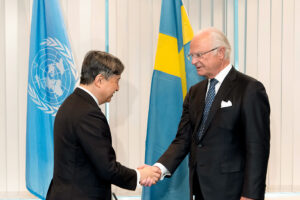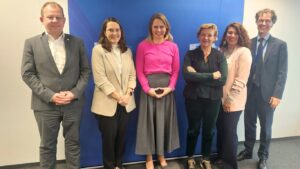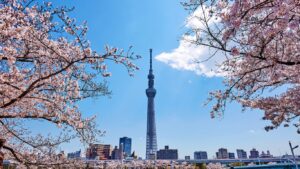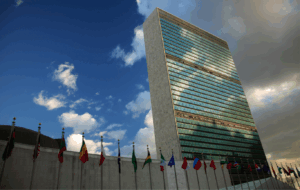WGF supports increased inclusion of water in climate change processes
The climate crisis has hit faster and harder than scientists predicted, and the world is struggling to respond. The Covid-19 pandemic has painfully reminded us of our vulnerability, and how interconnected human life is to our natural environment. Water is essential to healthy and resilient communities, in both the developed and developing contexts.
This year much focus has been on the enhanced Nationally Determined Contributions (NDC’s) to address obligations under the Paris Agreement and increase their ambitions. The long-term goals are to hold the increase in global average temperature to well below 2°C, to pursue efforts to limit the increase to 1.5°C, and to achieve net zero emissions in the second half of this century. UNDP’s Climate Promise is a commitment to ensure that any country wishing to increase the ambition of their national climate pledge can do so, drawing in UNDP’s extensive expertise. Through WGF, UNDP can also draw on SIWI’s expertise in water governance and join efforts to make sure water is included in these processes. Early NDC’s from several countries have increased the profile of water and have more water-related activities and plans.
To support the different efforts, WGF put together a living document, Water Interactions to Consider for NDC Enhancement, to help non-water professionals better understand the role that water plays across many activities and sectors. Designed as a series of questions, the Checklist fosters conversations about important interactions between water and climate change that need to be taken into account during mitigation and adaptation activity planning, especially as some proposed activities may be water-limited or have an major impact on water resources.
As part of the support, WGF partnered with the Global Water Partnership, Cap-Net, and the Alliance for Global Water Adaptation to put on a series of webinars for practitioners. The first round of the webinar series was delivered in July and August 2020. The attendance and response were excellent, so a second round is expected to be delivered in November/December 2020. The checklist will be translated into several languages including French, Russian, and Spanish. Keep an eye out for more soon.
Read also about the Race to Zero – Vision of a zero-carbon and resilient future through water
